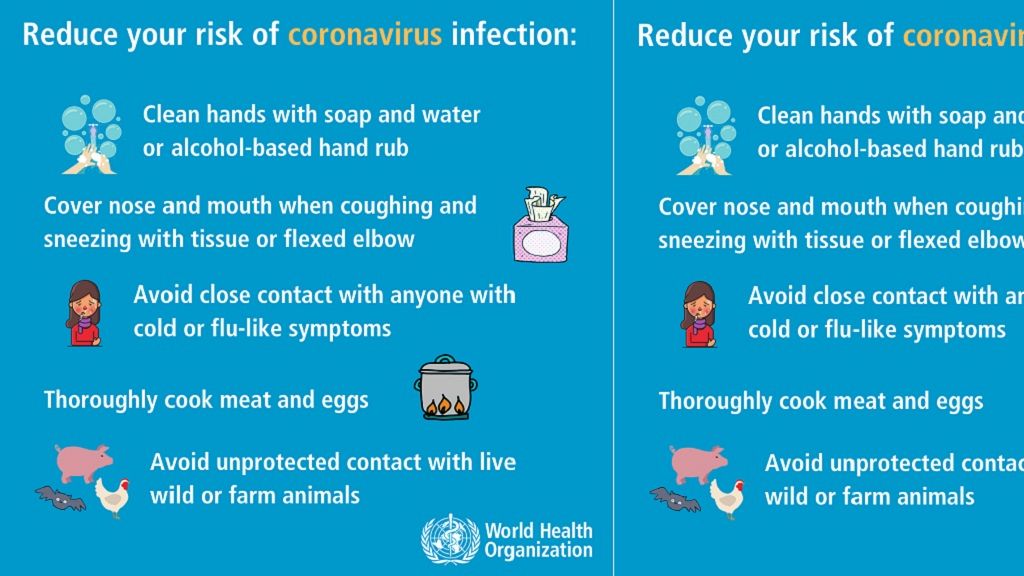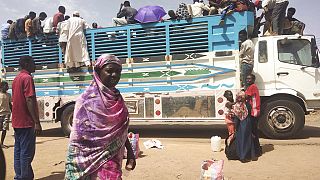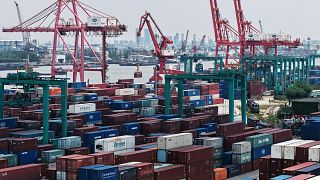The Morning Call
As the world prepared to usher in a new year and decade on December 31, 2019, authorities in China alerted the World Health Organisation (WHO) on the unusually high cases of pneumonia in the city of Wuhan.
By January 7 2020, it was confirmed that a new coronavirus now named 2019-nCoV had spread from animals to humans.
As of Monday January 27,2020, 80 people had died from 2,744 cases in China. While there have been confirmed cases in Asia, Europe and the United States, WHO is yet to declare it a global health emergency.
WHO is working with authorities in China to fill the information gaps, and contain the outbreak.
“We don’t know the source of this virus, we don’t understand how easily it spreads and we don’t fully understand its clinical features or severity. WHO is working with our partners… to fill the gaps in our knowledge as quickly as possible,’‘ Tedros Adhanom Ghebreyesus, WHO’s Director-General said.
Origin
Coronaviruses are a family of viruses that normally circulate in animals, and some of them have the capacity to transmit between humans and animals.
Previously there have been global outbreaks of the Middle East Respiratory Syndrome coronavirus (MERS) and Severe Acute Respiratory Syndrome coronavirus (SARS), which killed hundreds of people.
The current coronavirus, codenamed the 2019 Novel Coronavirus (2019-nCoV) is believed to have originated from a seafood market in Wuhan. Experts believe that it could have transmitted from snakes. SARS and MERS were transmitted from Civet cats and camels respectively.
Symptoms
Coronaviruses typically cause respiratory symptoms like common cold, short breath, fever and pneumonia. Other symptoms include a runny nose, cough, a sore throat and the possibility of headache.
Prevention
WHO recommends washing of hands with soap and water, covering the mouth when coughing, avoiding unnecessary unprotected contact with live animals and to consume only meat that has been thoroughly cooked.

Treatment
There is no specific treatment for coronaviruses, but symptoms can be treated. There is equally no vaccine to protect against coronaviruses but trials for a MERS vaccine are underway.
Africa’s preparedness
Several African countries including Nigeria, Ethiopia, Botswana and Uganda have stepped up alertness and preventive measures, including screening travelers at points of entry like airports.
Ivory Coast on Monday conducted the first test for the coronavirus on the African continent, after a student arrived at an airport in Abidjan with symptoms.
READ MORE: Ivory Coast tests suspected Coronavirus caseCases have also been confirmed in Australia, France, Japan, Malaysia, Nepal, Singapore, South Korea, Taiwan, Thailand, the United States and Vietnam.





![Africanews celebrates fifth anniversary [Night Shift]](https://static.euronews.com/articles/stories/05/57/72/74/320x180_cmsv2_6b1e7837-a917-526b-b3b4-4582a3f8bcac-5577274.jpg)
![Africanews celebrates fifth anniversary [Morning Call]](https://static.euronews.com/articles/stories/05/57/72/70/320x180_cmsv2_a6c857d4-80a3-510a-88e6-f060ea8d9ee9-5577270.jpg)






Go to video
China, Egypt FMs discuss Middle East escalation in phone call
01:47
Chinese city of Xuchang is world's biggest producer of wigs
01:00
US president Trump renews extension for TikTok to avoid nationwide ban
01:15
U.S. considers adding more African countries to travel ban
02:16
In China, young African entrepreneurs personify growing China-Africa cooperation
01:12
UN chief António Guterres calls for dialogue among civilizations